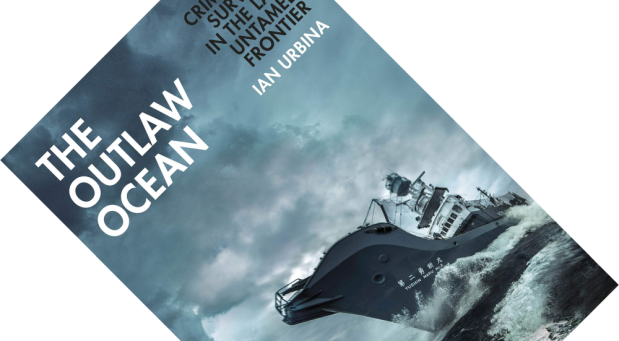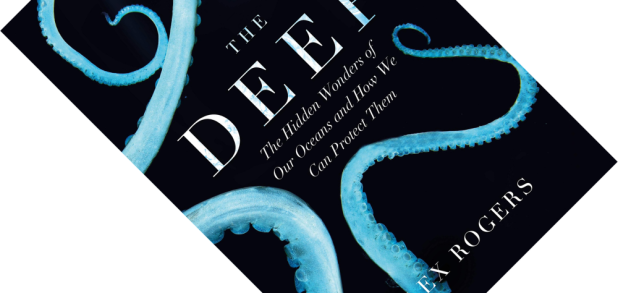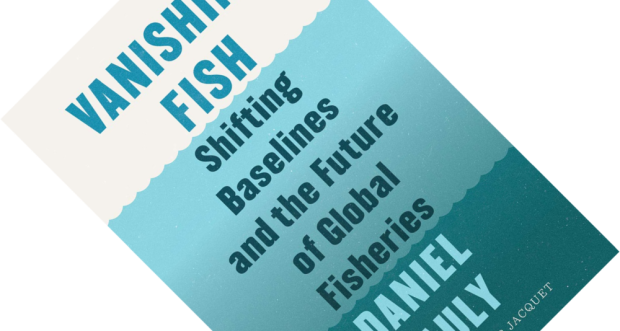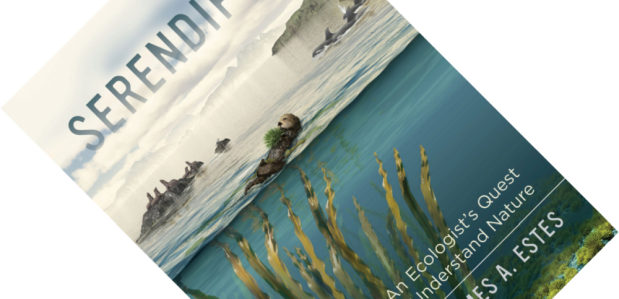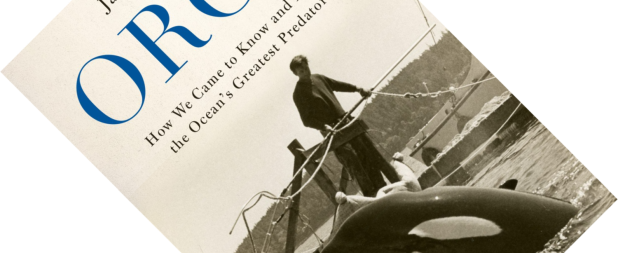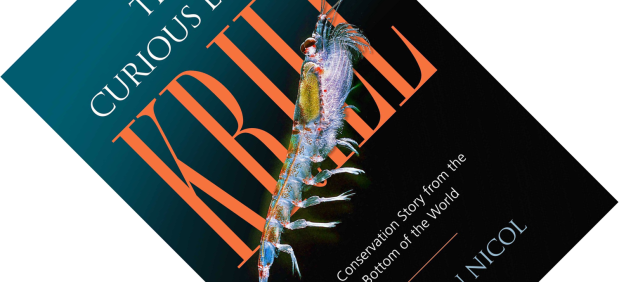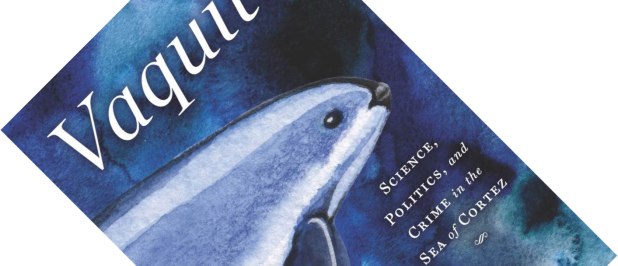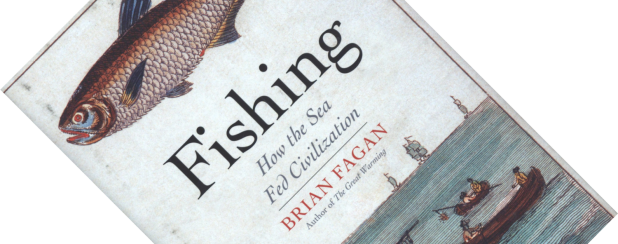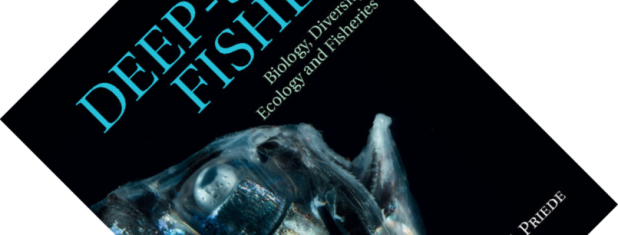7-minute read
I thought I knew of the horrors to be found on the open ocean.
I was wrong.
New York Times investigative reporter Ian Urbina has spent five years, three of which at sea, documenting the stories told here. What began as an award-winning series of articles has now been turned into a book by the same name: The Outlaw Ocean. In turns nail-biting and gut-wrenching, this brutal reportage shows the open ocean to be a dystopian place of crime and exploitation that is hiding in plain sight.

